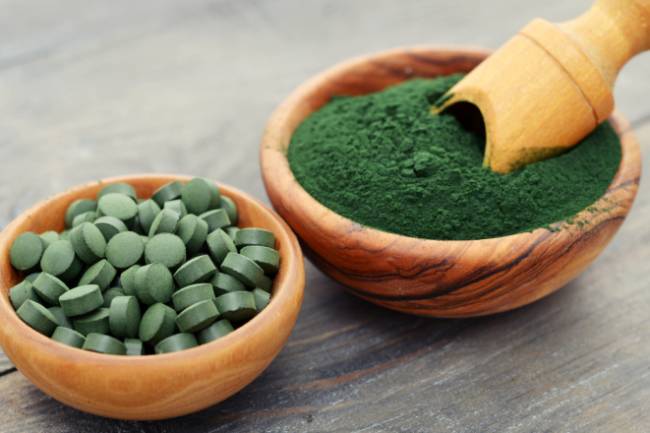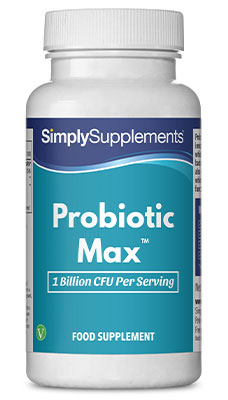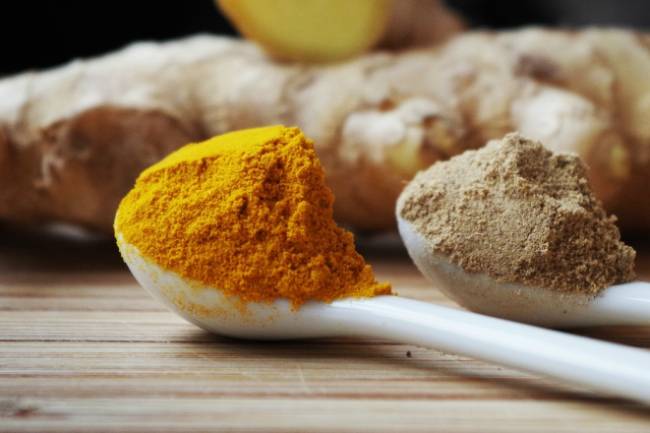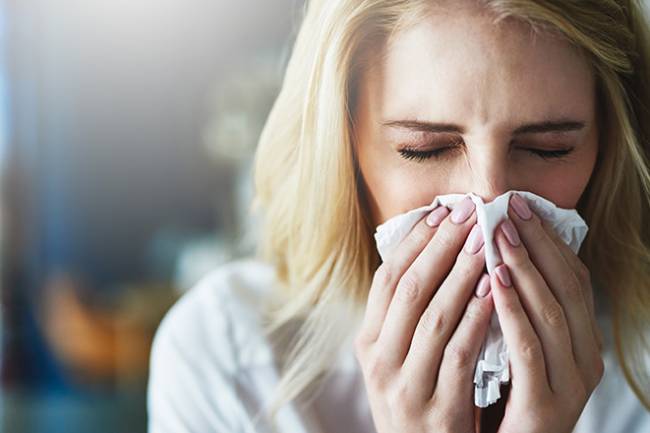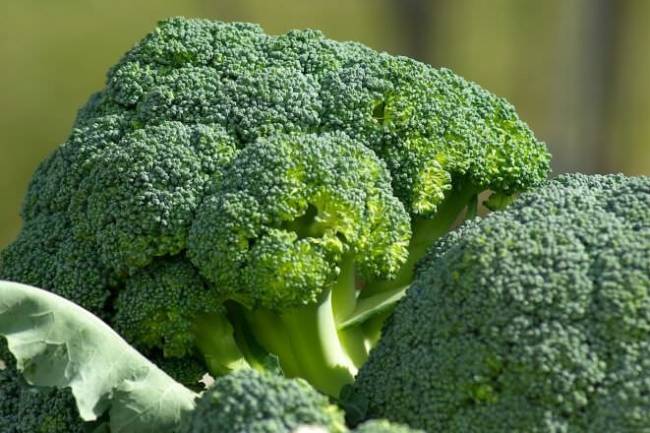Can Aloe Vera Help Your Eczema?
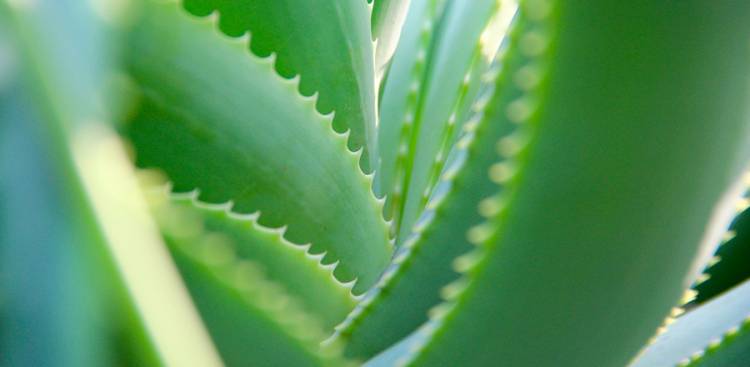
Aloe vera has long been a popular remedy for treating a variety of skin conditions. With an estimated 10-20% of children and 1-2% of the adult population suffering from eczema it is little wonder that many of us are searching for natural remedies to ease the symptoms. But is aloe vera the solution you're looking for?
What Causes Eczema?
Despite the number of people suffering from eczema, doctors are yet to agree on the root causes of the condition. A number of theories have been proposed. Current thinking suggests that the symptoms we describe as eczema may involve a genetic element, problems with the immune system and/or environmental causes.
It has been noted by dermatologists that diagnoses of eczema have as much as trebled in Western nations in recent decades. Oddly, similar growth has not been seen in developing nations. This strongly suggests that either dietary or environmental factors may at least play a role.
The important thing to realize here is that even doctors cannot fully agree on the causes of eczema, and furthermore there are likely to be multiple factors operating together. As a result, treating eczema is not without its issues, as improving one symptom has the potential to impact other aspects. It is therefore unlikely that any one remedy will fully resolve every symptom in every patient.
That is not to say, however, that a range of treatments may at least produce an improvement; something which still has lots of value. That said, let's dig a little more into the science behind aloe vera and ask what sort of improvement has been seen thanks to its use…
Moisturiser
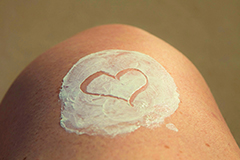 Among the symptoms associated with eczema, one of the most important is considered to be an inherent issue with the stratum corneum, the layer of skin which acts as an impermeable barrier to water. It is this layer that typically prevents the skin from drying out, but in eczema sufferers can fail to do so, leading to dry, crusty, and irritated patches of skin.
Among the symptoms associated with eczema, one of the most important is considered to be an inherent issue with the stratum corneum, the layer of skin which acts as an impermeable barrier to water. It is this layer that typically prevents the skin from drying out, but in eczema sufferers can fail to do so, leading to dry, crusty, and irritated patches of skin.
Aloe vera has potentially become best-known over the years for its moisturising properties. So can applying aloe vera topically help to retain moisture and cut down on dry skin? The evidence here is far from conclusive. While aloe vera creams have been shown to help retain moisture in some conditions, such as in psoriasis, there is very little research to suggest that it has similar effects on skin suffering from eczema.
One study that examined the moisturising effects of aloe vera found that after a week of treatment with even a weak aloe vera serum the water content of the stratum corneum improved markedly, which suggests a positive result. It is important to highlight, however, that this research did not involve eczema sufferers, and instead simply looked at individuals suffering from more typical dry skin.
Worse, there are reported cases of eczema sufferers actually experiencing allergic reactions to some of the carbohydrates that make up aloe vera gel. In other words, great care should be taken when applying aloe vera. If you opt to try it you should aim only to treat a small patch of skin, and to avoid any areas that demonstrate lesions.
Antibacterial
Your skin is very rarely completely sterile. A variety of different microbes can be found growing on the surface of the skin, and one of the most common of these is known as Staphylococcus aureus. S. aureus is believed to worsen the symptoms of eczema when it gains access to skin sores, such as after scratching. Here, skin infections can set in which lead to further inflammation and discomfort.
Here, there is slightly more evidence to suggest that aloe vera may help. A study tried treating S. aureus, together with five other common microbes seen in skin conditions, using either whole aloe vera leaves or just the gel from within. They found that both preparations effectively prevented the growth of S. aureus, though the gel was more efficacious. The other bacteria all responded positively to one treatment or the other, though these differed between microbes.
It is reasonable to think that the antibacterial properties of aloe vera may effectively help to fight skin conditions.
Does Aloe Vera Help Eczema?
While there are certainly numerous articles around that strongly support the use of aloe vera for eczema, sadly the current scientific evidence is patchy at best. Whilst there is a small amount of evidence that a topical treatment of aloe vera may succeed in retaining more moisture in the skin and/or fighting against bacterial infections, the evidence is far from convincing.
The reports of potential allergies to aloe vera also add another dimension to the argument, suggesting that aloe vera may not be the best solution for those suffering from atopic dermatitis.
That's the bad news. The good news is that there are other natural remedies for eczema that offer far more scientific backing. If you're looking for ways to treat your skin condition in addition to your doctor-prescribed regimen then read on for some of the more hopeful options available...
Alternative Remedies for Eczema
Evening Primrose Oil
 Eczema treatments don't necessarily have to be rubbed on to the skin. Sometimes consuming the right elements in your diet can have a positive effect on skin condition. A study in which eczema sufferers took evening primrose oil for a period of twelve weeks reported that the percentage of the body surface affected, together with the overall severity of skin dryness and itchiness, reduced significantly in volunteers.
Eczema treatments don't necessarily have to be rubbed on to the skin. Sometimes consuming the right elements in your diet can have a positive effect on skin condition. A study in which eczema sufferers took evening primrose oil for a period of twelve weeks reported that the percentage of the body surface affected, together with the overall severity of skin dryness and itchiness, reduced significantly in volunteers.
A second study of evening primrose oil provided far greater insight into the sort of treatment that may demonstrate positive impacts.
Here a group of patients took either 500mg of evening primrose oil in capsule form or an identical-looking placebo. This treatment was continued for a period of five months, at which time an assessment was made as to their improvement. The results showed that 96% of patients taking evening primrose oil showed at least some improvement in their condition, which contrasts starkly with just 32% of the placebo group.
Bearing in mind the excellent safety record of evening primrose oil and the low costs of purchasing this supplement, it would seem like a reasonable option for people suffering from dry, itchy skin complaints like eczema.
Learn more about evening primrose oil here.
Vitamin B12
Scientists have observed that abnormal levels of vitamin B12 in pregnant women seem to be related to the development of eczema in their children. Interestingly, vitamin B12 is also implicated in a range of other skin conditions including vitiligo, acne and mouth ulcers (aphthous stomatitis).
Fortunately, this is a reasonably easy problem to resolve, either through the use of topical creams that contain vitamin B12 or through the use of an oral supplement.
The results of correcting vitamin B12 deficiencies or toxicities can be impressive. For example, twice-daily treatment with B12 by 49 eczema patients led to measurable improvements in their condition. After just eight weeks of treatment 59% of those individuals taking vitamin B12 rated their condition as either “good” or “very good”. In contrast, 89% of the control group rated their eczema as either “moderate” or “poor”.
Learn more about vitamin B12 supplements here.
Probiotics
Eczema is most common in children, and many sufferers grow out of their condition with time. It is well-known that the immune systems of children tend not to operate as effectively as those of adults, at least in part because children have yet to become exposed to as many pathogens as their parents.
At the same time, mammals including humans help to boost the immunity of their young through the provision of colostrum - special milk produced in the early days after birth which provides a range of antibodies and “friendly” gut bacteria to “kick-start” the neonate's immune protection.
Since a compromised immune system is implicated by many doctors in many cases of eczema, there is growing interest in whether the provision of probiotics can offer help. So what does the science tell us?
A study in Australia provided children aged between 6 and 18 months a daily probiotic supplement. This treatment was continued for a period of 8 weeks with a final assessment made after a further 8 weeks to assess longer term impacts of probiotics.
It was found that the probiotic supplement had quite an impressive impact on eczema measures, with 92% of the children involved demonstrating improvements in their condition. What is more, by week 16 of the study an impressive 54% of the probiotic group had their condition classified as “mild” in comparison to just 30% of the control group.
Other studies have demonstrated that this positive effect may come about, at least in part, by helping to reduce food-related allergies that may be experienced in the form of skin problems. A study of pregnant women who were provided with a probiotic supplement from the 36th week of gestation through to 6 months after parturition found that “the probiotic seemed to prevent atopic sensitization to common food allergens and so reduce[d] the incidence of atopic eczema in early childhood.”
Interestingly, while probiotics have demonstrated positive effects in youngsters, either when fed directly or by a breastfeeding mother, this same effect isn't observed in more mature eczema sufferers. At present, it seems that adult eczema sufferers who take probiotics for their condition see little to no improvement.
Learn more about probiotic supplements here.
Food Allergies
 The mention of food allergies above is important. Studies have found that many eczema sufferers are also allergic to one or more common foods. Milk and eggs are two of the most common examples, and such an allergy is likely to be a contributing factor to cases of eczema.
The mention of food allergies above is important. Studies have found that many eczema sufferers are also allergic to one or more common foods. Milk and eggs are two of the most common examples, and such an allergy is likely to be a contributing factor to cases of eczema.
Furthermore, in cases where food allergies have been identified eczema typically shows a marked improvement, though the results may take some months to show.
The message here is that investing time into seeking an allergen test is very likely to be a beneficial activity. Following on from such a test you'll know what foods to omit from your diet to stand the best chance of improving your eczema.
Conclusion and a Warning
As we have seen, while aloe vera may have a small beneficial impact on your eczema the evidence is not yet convincing. That is not to say that you shouldn't consider it; just that there are other treatments that prove more beneficial. Of these, evening primrose oil and the avoidance of foods that cause allergies are likely to be the most helpful.
At the same time, we have discussed at length the difficulties inherent in treating a condition over which we still know quite little.
Great care must therefore be taken when considering natural remedies for eczema. You are always advised to seek qualified medical advice first and foremost, and to discuss any complementary therapies that you're considering with your doctor. The last thing you want to do is to cause further problems by inadvertently choosing a treatment regime that interferes with your existing prescription medications.
Whatever you agree with your doctor rest assured that help is at hand, and experts now know more than ever before about a range of simple, effective and reasonably priced treatments for your condition.
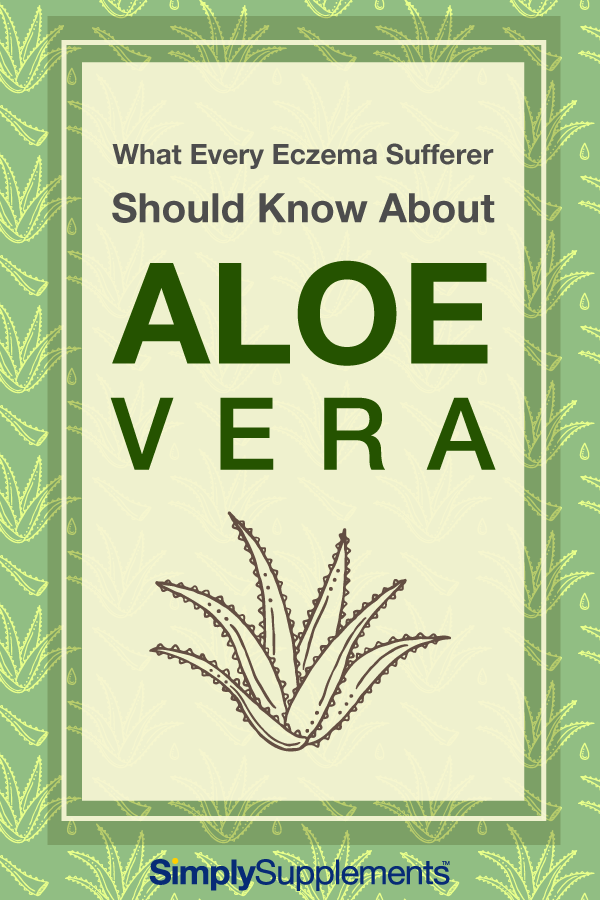
Sources:
http://onlinelibrary.wiley.com/doi/10.1111/j.1365-2133.1987.tb04085.x/full
http://europepmc.org/abstract/med/3048953
http://www.ijdvl.com/article.asp?issn=0378-6323;year=2008;volume=74;issue=5;spage=447;epage=452;aulast=Senapati
http://adc.bmj.com/content/90/9/892?ct=
http://adc.bmj.com/content/early/2014/06/19/archdischild-2013-305799.short
https://academic.oup.com/jn/article/142/4/731/4630920
https://link.springer.com/article/10.1007/s40257-014-0107-3
http://onlinelibrary.wiley.com/doi/10.1111/j.1365-2133.2004.05866.x/full

 Nicole
Nicole 
